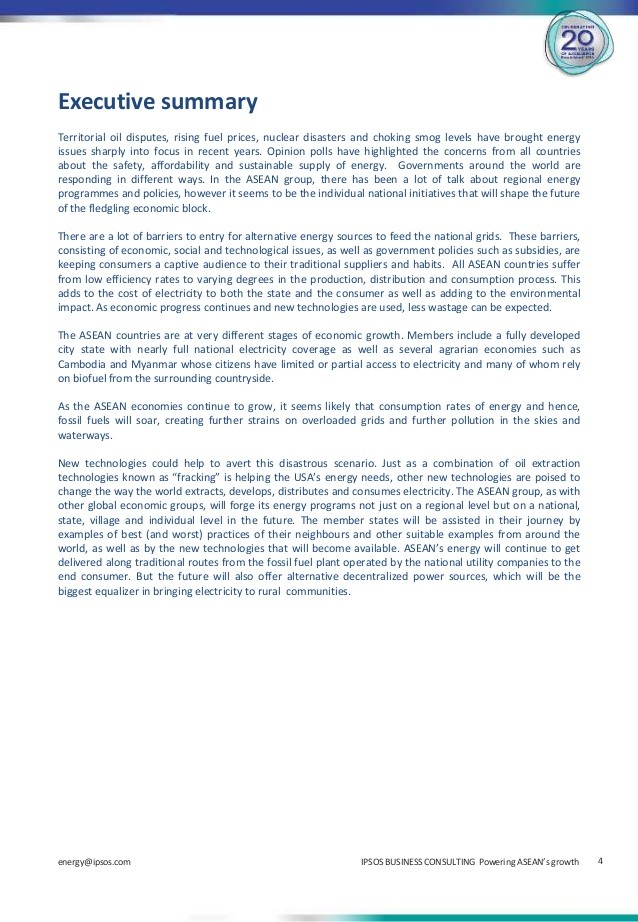How Does Foreign Direct Investment Affect Economic Growth in Malaysia Summary and Trends
Post on: 16 Март, 2015 No Comment

Economic Growth in Malaysia and the Foreign Direct Investment
slide 1 of 5
Malaysia — Investment Summary and Trends
Malaysia has a modern and comprehensive financial system that continues to evolve in response to the changing domestic and international conditions.
A well-developed capital market comprising the equity and bond markets, provides a source of medium and long-term capital for corporates. With the evolution of a more diversified financial system, the capital market has assumed an increasingly significant role in mobilizing and allocating resources to finance capital expenditures in both the public and private sectors.
The financial system is made up of banks complimented by non-bank financial intermediaries (NBFIs).
NBFIs play an important role in the development of the capital market and in providing social security and consist of provident and pension funds, insurance companies, takaful operators, savings institutions and unit and property trusts accounts. Improved investment results and growth in lending and life insurance activity have historically contributed to an increase in assets of NBFIs.
As with most economies, Malaysia has been affected by the global financial crisis and some reports suggest that Asia has been affected more than western countries.
Malaysia, being a small open economy with a strong export-dependent manufacturing sector, has been particularly vulnerable to the global crisis. The very countries that generate the demand for Malaysian exports have been struck by the crisis, leading to declines in output in Malaysia.
The capital outflows from Malaysia increased with the onset of the crisis. Investment outflows that were high in the second half of 2007 (about MYR 21.9bn (USD 6.4bn)) slowed in the fourth quarter of 2008 to MYR 5.6bn (USD 1.7bn).
Although foreign direct investment (FDI) increased it did not compensate for portfolio outflows during the same period.
The crisis has also prompted a drop in the value of Malaysia’s foreign reserves. Although Malaysia’s reserves have been high in the years following the 1997 crisis, the present crisis has taken its toll on reserves. The declines in FDI, foreign reserves, and portfolio funds had been cushioned by the relatively stable current account balance but this dropped drastically in the fourth quarter 2008.
In response to the threat posed to the economy, the government reacted with the following measures:
- a MYR 7bn (USD 2.1bn) stimulus package, announced on 4 November 2008, a second stimulus package of MYR 60bn (USD 17.8bn), announced on 10 March 2009, and, interest rate cuts by Bank Negara Malaysia.
In the life insurance market, whilst assets increased by 6.7% in 2008 it was the lowest increase for many years. Average growth over the five years has been 12.8%.
The life insurance industry has continued to play a key role in providing institutional support for the development of the capital market. This is reflected in the significant investments in corporate and debt securities which accounted for 51.2% of total fund assets at the end of 2008. The bulk of these investments are in private debt securities. The net investment yield in 2008 was 4.6% (excluding capital gains), down from 5.5% in 2007.
Demand from life insurers for long-term securities to match long-term liabilities remained strong.
With the liberalization of the foreign exchange administration rules from 1 April 2005 insurers have been increasing their share of foreign assets, although as a percentage this remains small at 1.4% in 2008.
The situation was somewhat different in the takaful market where total assets increased by 20.2%. A substantial portion of takaful funds are placed in Islamic private debt securities and the Islamic money market. The yield achieved in 2008 was 3.4%.
There have been no solvency issues for life insurers or takaful operators.














